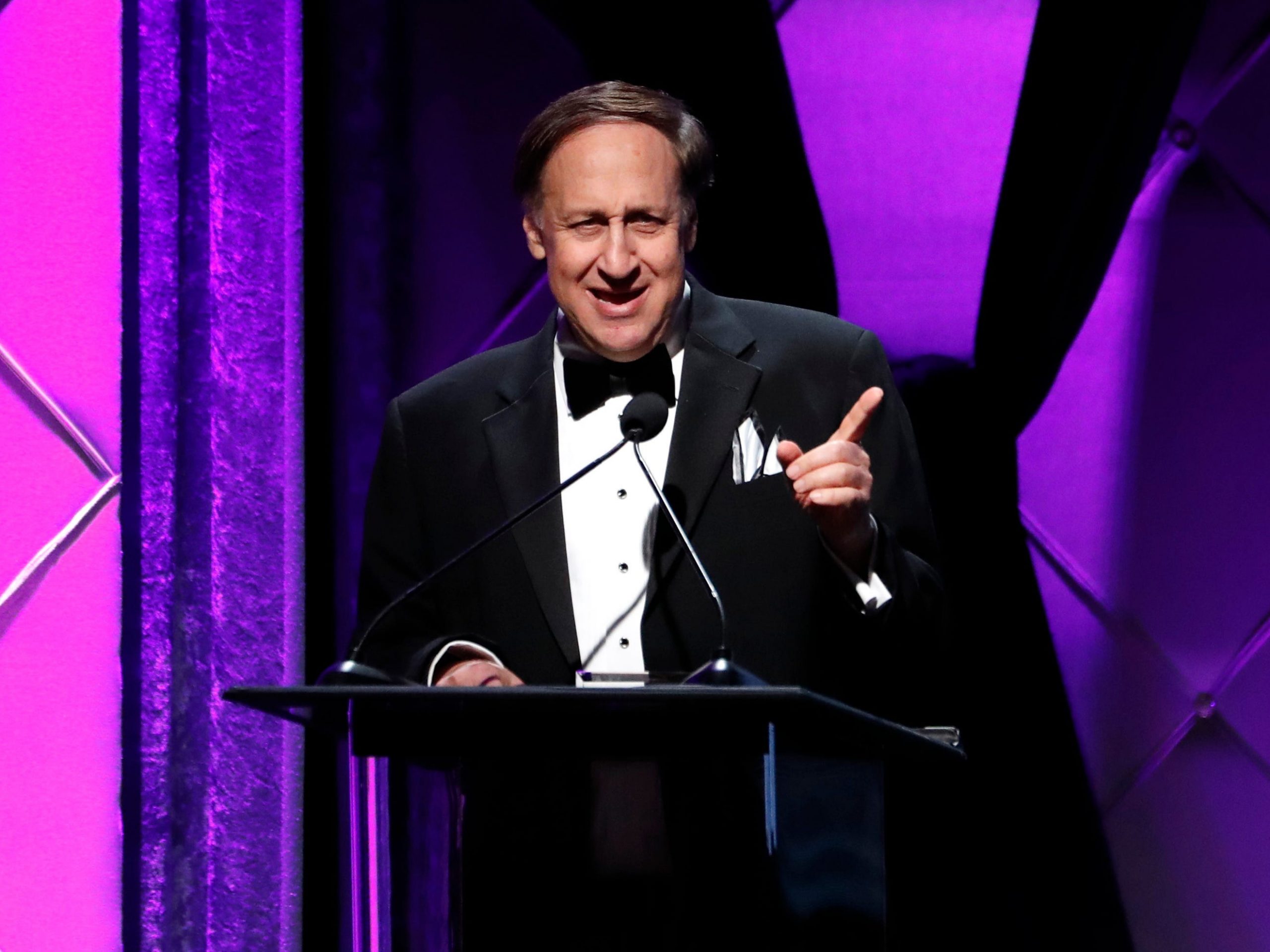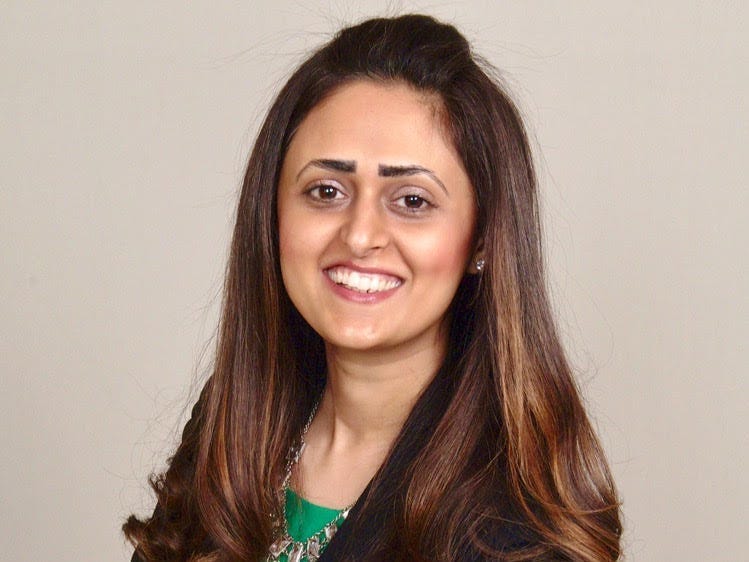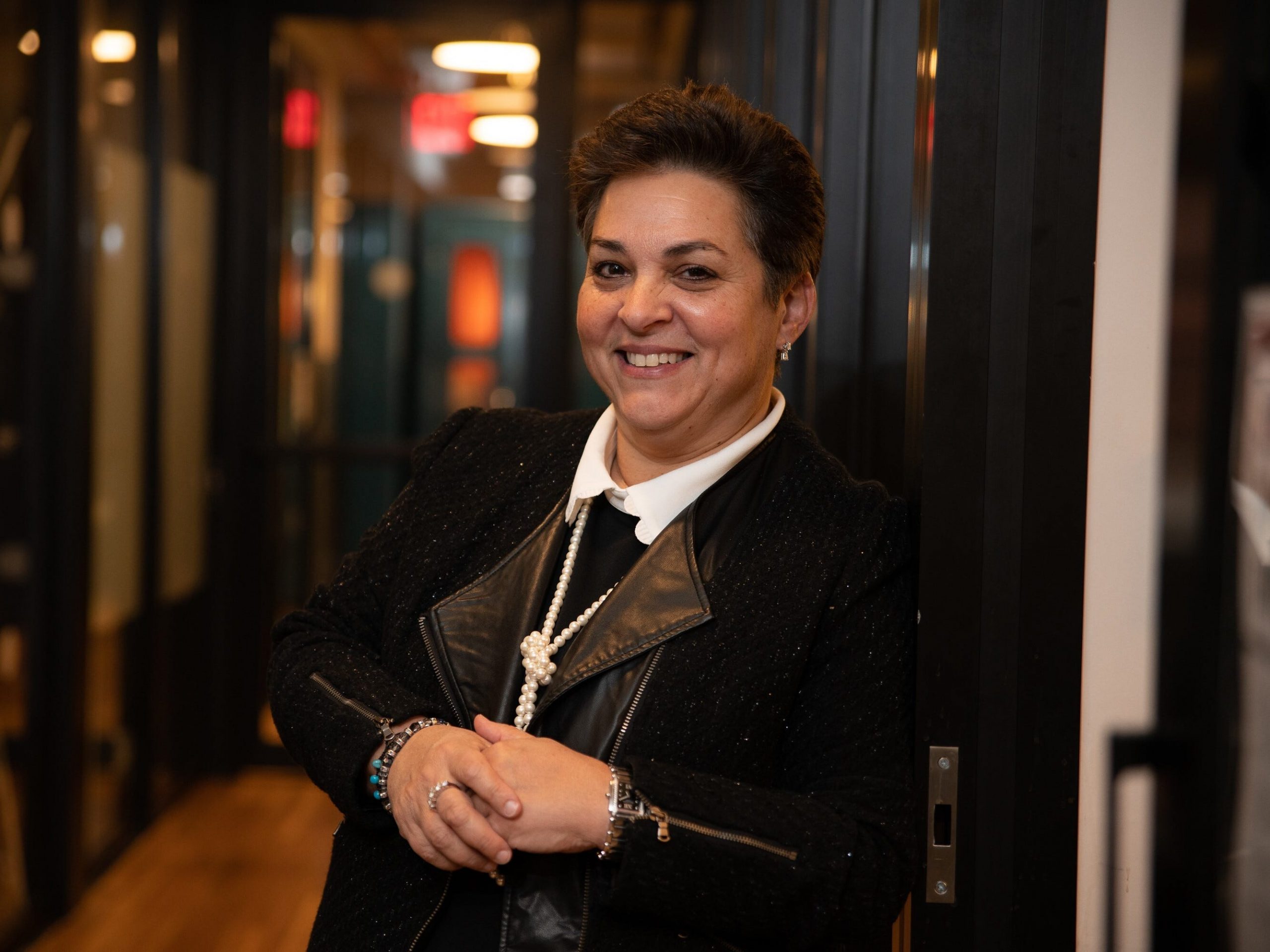
REUTERS/Dado Ruvic/Illustration/File Photo
- From crypto to meme stocks, old money is warming up to the Wild West of finance.
- AMC CEO Adam Aron harnessed the company's meme stock fame into uncanny shareholder engagement.
- The Federal Reserve recently hired TD Ameritrade's former head of digital assets to help it explore new technologies.
- Visit Insider's Transforming Business homepage for more stories.
Big investors and the largest US banks legitimized areas of finance this year that, until just recently, were considered the Wild West.
Major wealth managers Wells Fargo and Morgan Stanley started offering rich clients exposure to cryptocurrency, and JPMorgan made some crypto funds available to retail wealth management clients.
Banks and brokerages were also forced to contend with the rise of the meme stock, defined by unusually bullish trading in companies that have been tagged as buys on Reddit forum WallStreetBets.
After Reddit traders staged an epic short squeeze that sent shares of video game retailer GameStop into the stratosphere within weeks in January, they defied the conventional investing playbook again by driving up AMC Entertainment stock during the summer.
While some laughed off the retail investor rally, AMC CEO Adam Aron harnessed the movie theater company's meme stock fame into uncanny shareholder engagement.

Mario Anzuoni/Reuters
He launched AMC Investor Connect, an initiative to offer its "extraordinary base of enthusiastic and passionate individual shareholders" promotions like free popcorn, exclusive screenings, and direct communication with Aron.
The "Silverback," as he's been called on Reddit, even donated to wildlife nonprofits to protect apes, as AMC traders have come to call themselves.
"They own AMC. We work for them," Aron said on a May earnings call. "I work for them."
Thanks to digital brokerages like Robinhood and message board websites like Reddit, a new generation of investors have embraced emerging technologies at a faster pace than Wall Street.
Led by superstar investors like Cathie Wood and pseudonymous crypto whales, young traders have jumped into the kaleidoscopic world of bitcoin, altcoins, decentralized finance, non-fungible tokens (NFTs), and even play-to-earn blockchain games.
Regulators have also made moves that stand to give credence to the world of digital assets by broadly defining products and tokens, from bitcoin to the NFTs that had a moment this spring.
Even the almighty Federal Reserve hired a former senior digital assets leader away from the private sector to act as its first-ever chief innovation officer. The US central bank named Sunayna Tuteja, TD Ameritrade's former head of digital assets and distributed ledger technology earlier this year.

Federal Reserve
"Innovation is alive and well across the Fed, and I like to call it decentralized innovation," Tutetja told Insider. "I'm one node in that network because I want to make it clear to everybody that innovation doesn't start and stop with a person or an office."
'My advice is buyer beware'
Michael Sonnenshein, the chief executive of the largest crypto asset manager in the world, Grayscale Investments, has been busy trying to bring more of crypto's innovative and free-spirit zeitgeist into the traditional asset management industry.
Sonnenshein has helped grow Grayscale into a $44 billion juggernaut from a $60 million one-product shop in the past seven years, but the behemoth still actively engages with clients about what type of digital assets to include when considering new products to launch.

The 34-year-old also wants to encourage a different type of work culture in the investment industry.
"I was recently called out for wearing jeans and a blazer to a very formal financial conference," he said. "The idea that business or asset management must be conducted only in formal attire, we certainly believe is a thing of the past."
Not all investment analysts and strategists are jumping into these trends with abandon, however.
Lisa Shalett, chief investment officer for Morgan Stanley Wealth Management, published an in-depth report in March that legitimized digital currencies while stopping short of making an investment recommendation. Later she warned against the space for certain investors.

Lisa Shalett
"For the average retail investor, my advice is buyer beware," Shalett told Insider in a later interview in May, referring to crypto's place in the everyday investor's portfolio. "Absolutely, positively do not invest in this asset class."
Alex Morrell, Carter Johnson, and Anita Ramaswamy contributed reporting.

